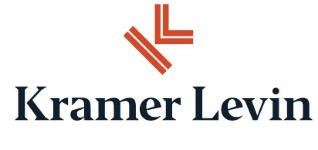Best Lawyers Near You in Chicago, Illinois for Litigation - Securities
Practice Area Overview
Regardless of the setting, a securities litigator must be a persuasive advocate who works to achieve the best possible outcome for the client. To do that, an attorney practicing in the area of securities litigation must understand the client’s legal and business needs, and also have a comprehensive understanding of federal and state securities laws and regulations, and related common law. Securities law has evolved dramatically over the past two decades and continues to develop. For example, just recently in June 2011, the United States Supreme Court in Janus Capital Group, Inc. v. First Derivative Traders, No. 09-525, narrowed the scope of primary liability in federal securities fraud actions to those with “ultimate authority” over the allegedly false statements.
Securities disputes frequently spawn parallel civil, regulatory or even criminal actions or investigations. Effective securities litigators rely on experience and judgment to zealously represent clients while remaining sensitive to the potential implications of positions or strategies to those clients in other settings.

Lawyers who have a subscription to profiles appear first.
Would you like to claim your lawyer profile?
Contact UsOur Methodology
Recognition by Best Lawyers is based entirely on peer review. Our methodology is designed to capture, as accurately as possible, the consensus opinion of leading lawyers about the professional abilities of their colleagues within the same geographical area and legal practice area.
The Process
Best Lawyers employs a sophisticated, conscientious, rational, and transparent survey process designed to elicit meaningful and substantive evaluations of the quality of legal services. Our belief has always been that the quality of a peer review survey is directly related to the quality of the voters.











